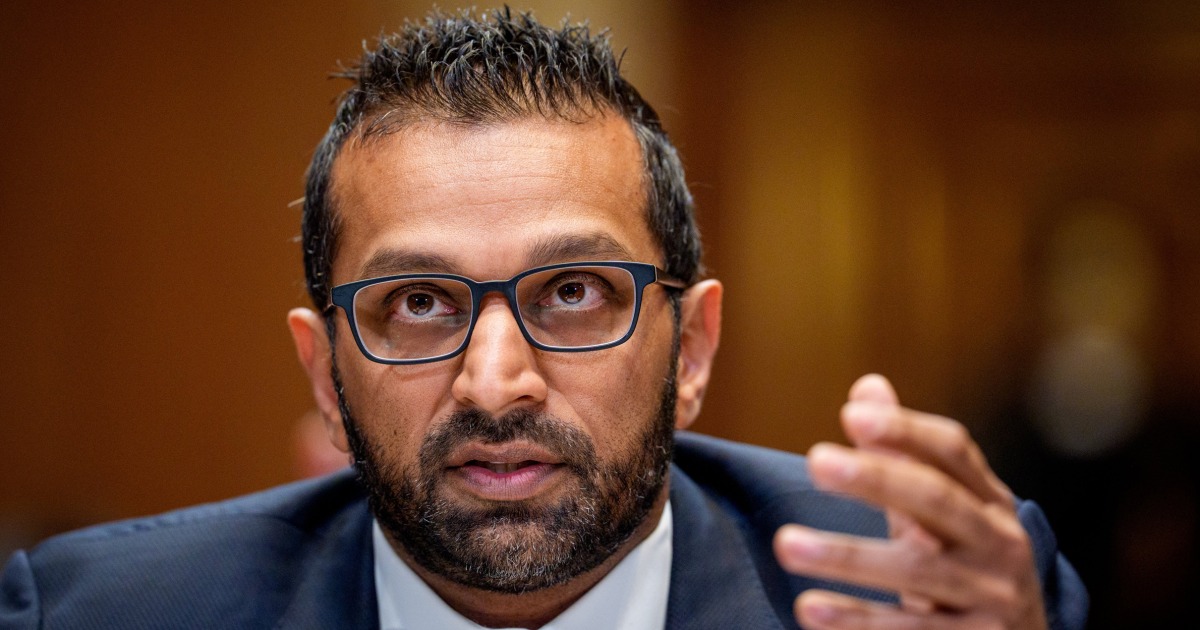A nearly century-old trade rule that allowed Americans to import small packages without paying duties has been eliminated by President Donald Trump‘s administration, which could disproportionately affect low-income households.
Why It Matters
The “de minimis” exemption, which applied to packages worth under $800 coming into the U.S., had long allowed goods to bypass customs duties and complex paperwork. On August 29, the Trump administration officially ended the rule, which covered 1.36 billion shipments valued at $64.6 billion in fiscal year 2024.
While the end of de minimis came for China—the largest inbound source of such shipments—and Hong Kong earlier this year, the August 29 change impacts every U.S. trading partner. As a result, more than 30 countries’ postal operators restricted or suspended shipments to the U.S. ahead of the policy change, including major trade partners such as India, Mexico, and Japan.
Supporters of the policy shift argue that it levels the playing field for domestic businesses and addresses concerns over unsafe imports. Trump described the de minimis exemption as “a big scam going on against our country, against really small businesses, and we’ve ended it.” The White House said the rule had also been exploited to evade tariffs and enables the import of illegal substances such as fentanyl.
What To Know
According to a 2024 National Bureau of Economic Research paper, eliminating de minimis could reduce consumer welfare by up to $13 billion each year, with lower-income households feeling the greatest impact.
The research found that the de minimis rule is a “pro-poor trade policy,” but its elimination flips it “from pro-poor to pro-rich.”
Shipments to the lowest-income zip codes face an average tariff of just 0.5 percent, compared with 1.5 percent for the wealthiest areas, the research says. In scrapping the rule, that balance flips, with tariffs for low-income communities projected jump to nearly 12 percent, while wealthier areas would see an increase of about 6.5 percent.
On top of that, every package would be charged an administrative fee, a cost that the research says would fall hardest on low-income households since they make more use of de minimis shipments.
“Lower-income households that rely on inexpensive imported goods such as clothing, household items, and phone accessories will be hardest hit,” Usha Haley, Barton distinguished chair in international business at Wichita State University, told Newsweek.
“For these consumers, even small increases in the prices of everyday items are a larger share of their discretionary spending, making the policy regressive in practice.”
Commercial carriers, which handle the majority of these parcels, must now file customs entries and pay tariffs. For postal services, flat fees of $80 to $200 are allowed temporarily, and will soon switch to the origin country’s applicable tariff rate. In many cases, sellers will pass on the cost of this to the consumer.
Sean Henry, CEO and co-founder at supply chain company Stord, agreed the burden of higher prices will be particularly visible in poorer communities. “A disproportionate amount of shipments entering the U.S. under the de minimis program were going to lower-income zip codes,” he told Newsweek.
“Consumers of a lower-income level have often found these extremely cheap products from platforms like Shein and Temu, and those product categories will feel the impact most acutely.”
Why Is De Minimis Being Axed?
The White House and U.S. Customs and Border Protection (CBP) have both contended that de minimis rules have been exploited by bad actors.
According to the CBP, smugglers have exploited de minimis shipments to move drugs and weapons into the country. They often undervalue or mislabel goods, disguising dangerous items as harmless.
The White House has made similar assertions, saying that de minimis has encourages the evasion of tariffs and allowed the funneling of “deadly synthetic opioids as well as other unsafe or below-market products that harm American workers and businesses into the United States.”
What Happens Next
The end of de minimis won’t just impact America’s poorest, with all consumers facing price hikes on goods made outside of the U.S.
“In the short term, consumers are likely to see immediate price hikes,” Robert Khachatryan, CEO at Freight Right Global Logistics, told Newsweek. “Low-dollar items such as $10 accessories or fast-fashion staples will face double-digit percentage increases once merchandise processing fees and duties are applied.”

https://www.newsweek.com/lower-income-americans-warning-trump-de-minimis-2122766




